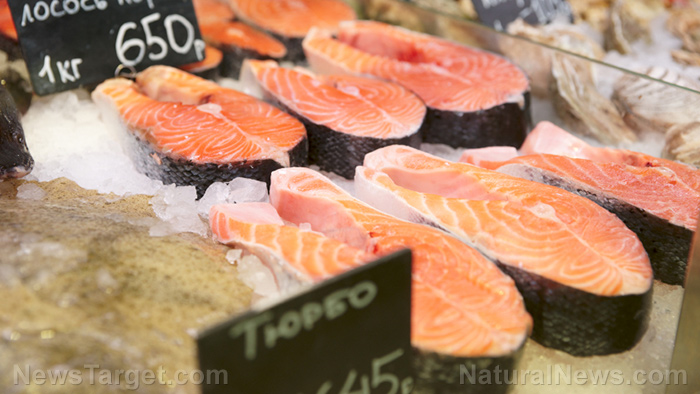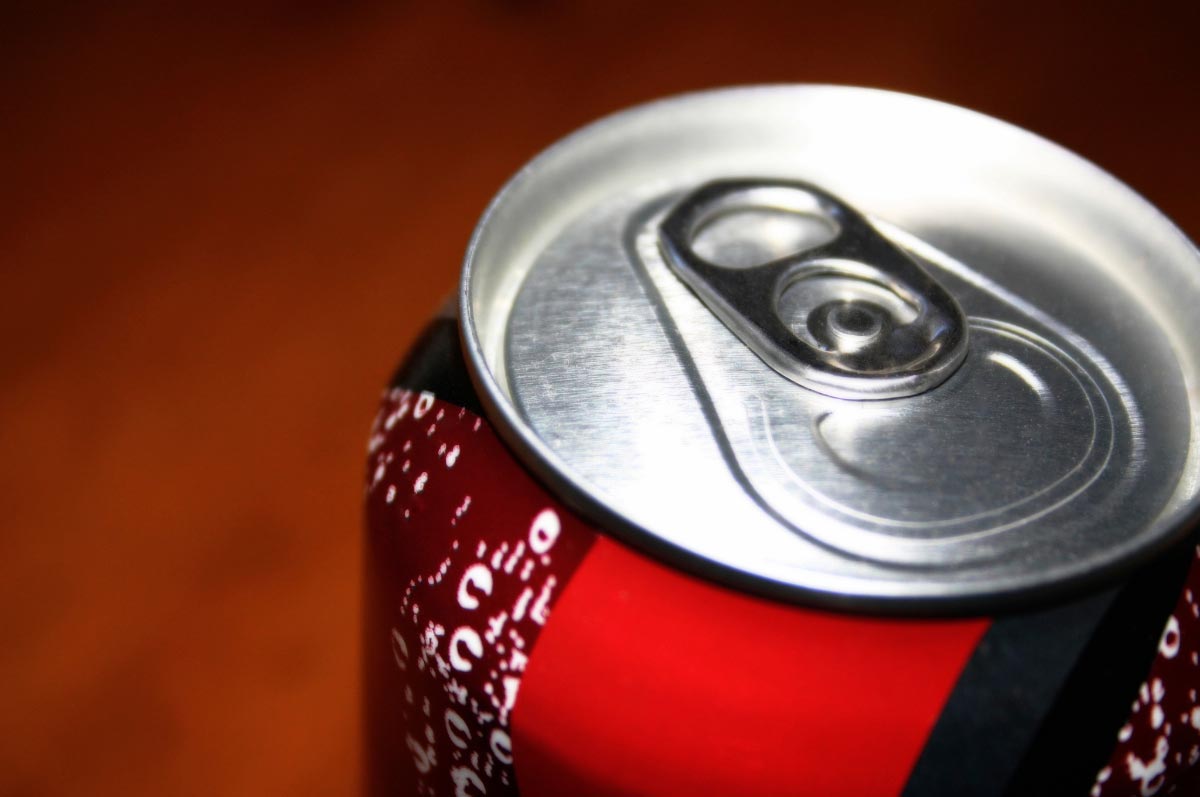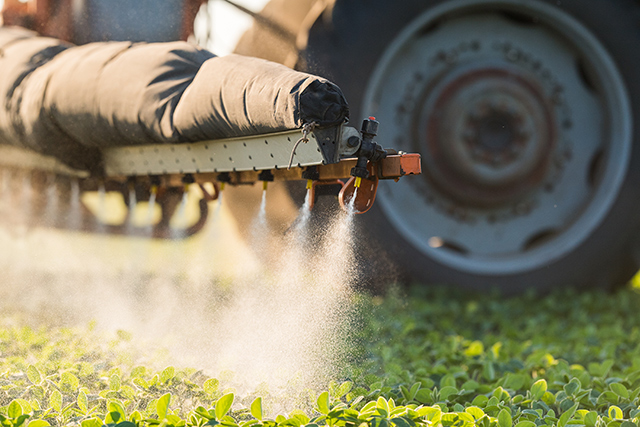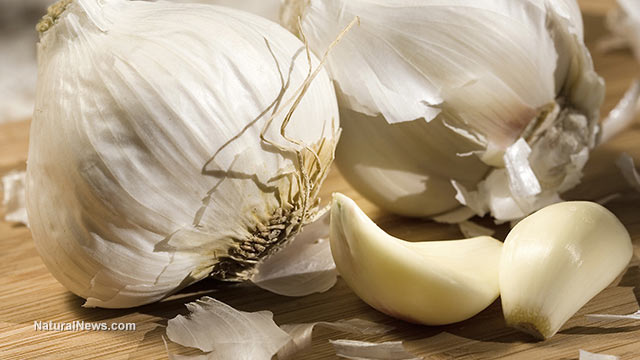Say no to raw fish: Eating raw or undercooked fish can expose consumers to antibiotic-resistant superbugs
08/07/2020 / By Virgilio Marin

Raw or undercooked fish may lead to infections caused by antibiotic-resistant bacteria, or superbugs, suggests a study published in Aquatic Mammals.
Researchers swabbed dolphins and found a surge in antibiotic resistance among bacteria isolates. Although dolphins are rarely eaten, they are a good indicator of the rest of life at sea that ends up as food.
“In 2009, we reported a high prevalence of antibiotic resistance in wild dolphins, which was unexpected. Since then, we have been tracking changes over time and have found a significant increase in antibiotic resistance in isolates from these animals,” said Adam H. Schaefer, the lead author of the study.
Antibiotic resistance among pathogens increased
Antibiotic resistance is one of the major problems in the medical community presently. The growing resistance of pathogens against antibiotics poses serious health risks — the probability of successfully treating infections caused by common pathogens decreases. In the United States, for example, at least 2.8 million people are infected by superbugs annually while 35,000 die as a result.
Once confined to healthcare settings, it has become increasingly prevalent in other places including marine environments. However, little research examined the long-term trends in antibiotic resistance in pathogens found in wildlife populations.
In the study, researchers swabbed 171 bottlenose dolphins from the Indian River Lagoon from 2003 to 2015. They isolated a total of 733 pathogens from the dolphins, many of which are involved in human health.
Results showed that the overall prevalence of resistance to at least one antibiotic for the 733 isolates was 88.2 percent. The prevalence of resistance was highest to erythromycin at 91.6 percent, followed by ampicillin at 77.3 percent and cephalothin at 61.7 percent.
Furthermore, resistance to ciprofloxacin among E. coli isolates more than doubled between sampling periods. Ciprofloxacin is an antibiotic used to treat infections such as pneumonia, gonorrhea and typhoid fever.
The researchers said that the trends seen in their study reflect reports from human health care settings. They further noted that the superbug isolates from dolphins came from a source where antibiotics are regularly used. Human activities or discharges from terrestrial sources may have contributed to the spread in marine environments.
Protecting yourself from superbugs
Superbugs are highly dangerous given their immunity from certain antibiotics. It is therefore important to know how to avoid getting antibiotic-resistant bacteria.
One effective way is to prepare and cook foods properly. Superbugs can spread to human beings through food. Thus, adequately cooking animal meat such as fish and poultry can help prevent transmission. In turn, raw foods such as sashimi and sushi are best avoided.
Furthermore, it is important to choose foods from the supermarket wisely. Meat contamination happens during slaughtering and processing. Furthermore, poultry farmers use antibiotics as growth enhancers, which drives the development of bacterial resistance. The U.S. Food and Drug Administration (FDA), for example, found drug-resistant bacterial contamination in 81 percent of ground turkey, 69 percent of pork chops, 55 percent of ground beef and 39 percent of chicken sampled in grocery stores. (Related: Antibiotic-resistant superbugs started on animal farms.)
Fortunately, there are some grocery stores that offer certified organic, antibiotic-free meats with a label from the U.S. Department of Agriculture. They can be found in meat, poultry, eggs and dairy products.
When handling these foods, however, washing hands before and after is advisable. Superbugs can spread in unclean conditions. While it might be hard to completely avoid such places and objects, washing hands can help mitigate one’s risk of contracting superbugs.
Furthermore, it’s important to stop misusing antibiotics — one of the major reasons why bacteria develop resistance. Some instances of misuse are when people take leftover antibiotics from an earlier illness or when people use prescriptions that are for someone else.
By taking these precautionary guidelines, a person can lessen the risk of being infected with hard-to-eliminate microorganisms.
Learn more about how to avoid superbug infections at Superbugs.news.
Sources include:
Tagged Under: antibiotic resistance, Antibiotics, bacteria, bacterial contamination, clean foods, cooking, food safety, infections, prevention, raw food, superbugs
RECENT NEWS & ARTICLES
COPYRIGHT © 2017 FOOD SCIENCE NEWS




















